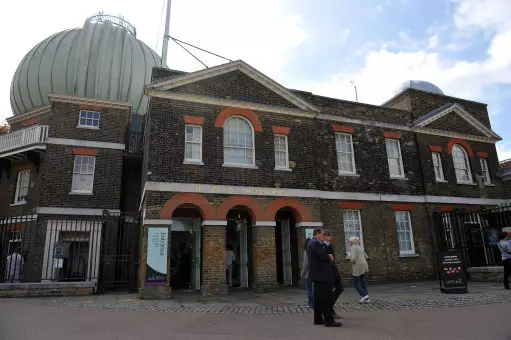
'Spring forward, fall back' is one of the sayings that's ingrained in the heads of people across the UK as we change our clocks twice yearly in a bid to save our daylight.
But members of the European Parliament will this week vote on whether to end the bi-annual change to daylight saving time which takes place all across Europe on the same day. What, no extra hour in bed?
The change is being debated by MEPs after an 'impact assessment' found that changing the clocks has 'negative effects on human health, agriculture and road traffic safety', according to the Daily Mail.
Advert
WATCH BIG BEN CHIMING FOR THE LAST TIME IN FOUR YEARS:
The Mail reports that while the UK government would be able to block the move until Brexit takes place in March 2019, the UK may have to subscribe to the new rules while it transitions to leave.
If the move does go ahead, the UK would face having to decide whether to accept the change anyway to keep the same hour's time difference with the rest of Europe. If it decides not to, it would find itself adopting Central European Time - the same time zone as Berlin - for only six months a year.
Advert
Back in 2011, British MPs unsuccessfully tried to move the UK's clocks forward by one hour for a three-year trial period.
According to the BBC, MPs said the move would reduce illness, road accidents and energy consumption. However, critics said that it would negatively effect mornings in the north of the country in the winter months.

The new resolution being tabled by the European Parliament, tabled by French MEP Karima Delli, states that 'numerous scientific studies... have failed to provide proof of any positive effects of the biannual clock change'.
Advert
Research cited in the resolution claims that in the days immediately after the clocks are changed, elderly people are at extra risk of heart problems, road accidents increase by a third and kids' performance at school goes down as 'the the human body is made for a steady biorhythm'.
On the surface this checks out - experts have found that having even one extra hour less sleep is dangerous, which might be the reason countries like Iceland, Belarus and Turkey have stopped changing their clocks already.
EU politicians are also considering moving to EU Summertime - GMT plus two hours - all year round - to make sure Europe can keep long summer evenings.
What would you prefer - later nights in the summer, or brighter mornings in the winter? I know what I would choose.
Featured Image Credit: PA